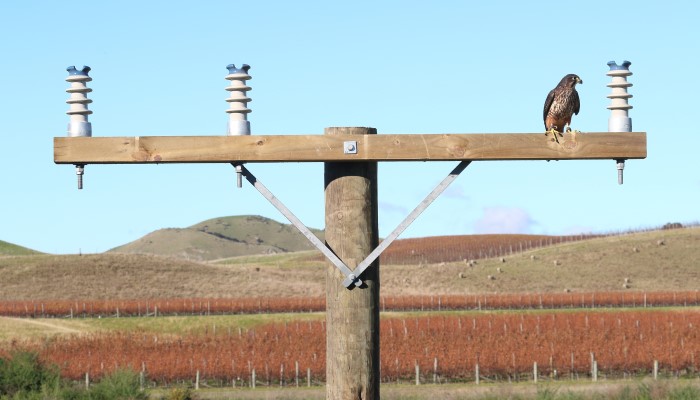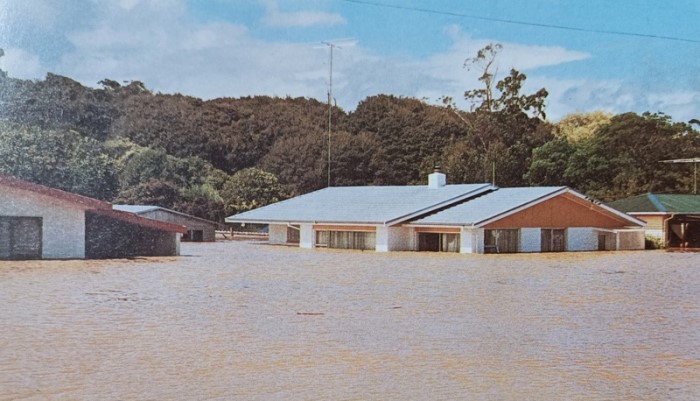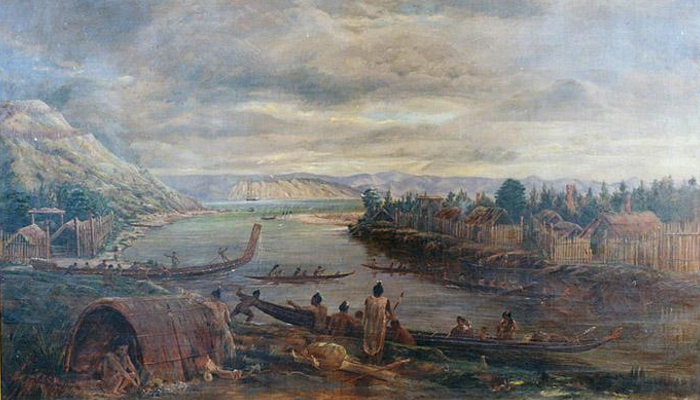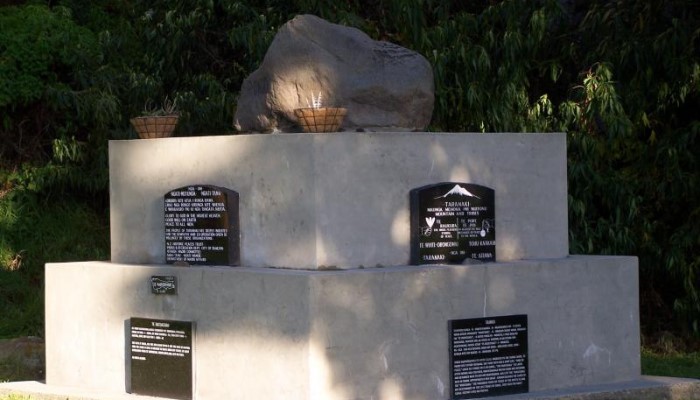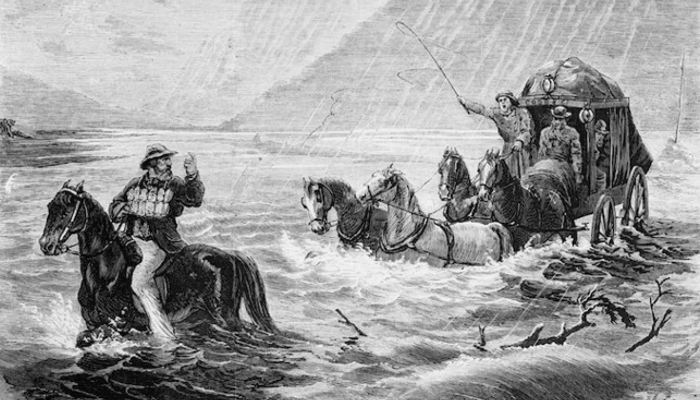Search Results
Search results
46 results for Topics and Regional Resources
Junior Secondary (Years 7 - 10)
Māori came to Aotearoa New Zealand more than 700 years ago, between 1250 and 1300 CE. They travelled by waka (canoes) from East Polynesia and landed at diffe...
Entry last updated: 6/11/25This entry recommends websites where you can find information about the impacts of land laws on Māori, the New Zealand Wars, and attempts by Māori to find ju...
Entry last updated: 14/05/24Junior Secondary (Years 7 - 10)
Hōne Heke (Hōne Wiremu Heke Pōkai) was a Māori leader from the Ngāpuhi iwi, born in the early 1800s in the far north of New Zealand Aotearoa. He was known fo...
Entry last updated: 11/09/25Throughout our history, lots of things have happened that have had an impact on Hawke's Bay. Use the recommended resources to find out about them.
Entry last updated: 14/05/24Lots of things have happened that have impacted life in South Canterbury. The following resources explore these events and can offer some different perspecti...
Entry last updated: 14/05/24Lots of events have had an impact on Marlborough. The recommended websites have information on these events and offer different perspectives.
Entry last updated: 14/05/24The following resources explore a number of historical events that have had an impact on Southland | Murihiku and can offer some different perspectives.
Entry last updated: 14/05/24Māori lived on the East Coast for a long time before the arrival of European settlers, traders, whalers, and missionaries. The region is well known for the a...
Entry last updated: 14/05/24Many things have happened that have had an impact on Otago. The following resources explore these events and can offer some different perspectives.
Entry last updated: 14/05/24Lots of events have shaped the Waimakariri District as it is today. Here are some sources you could look at if you'd like to find out about these events.
Entry last updated: 14/05/24

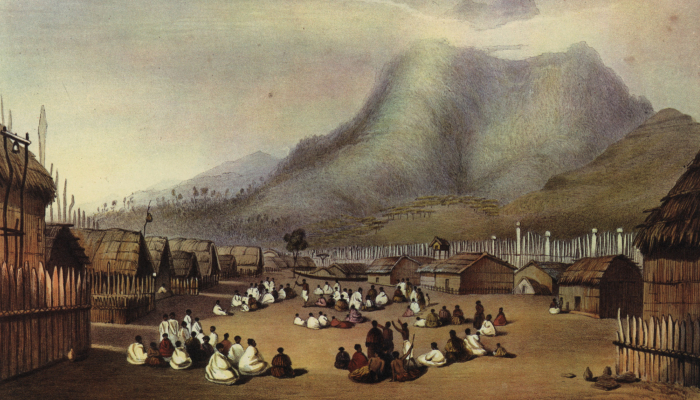
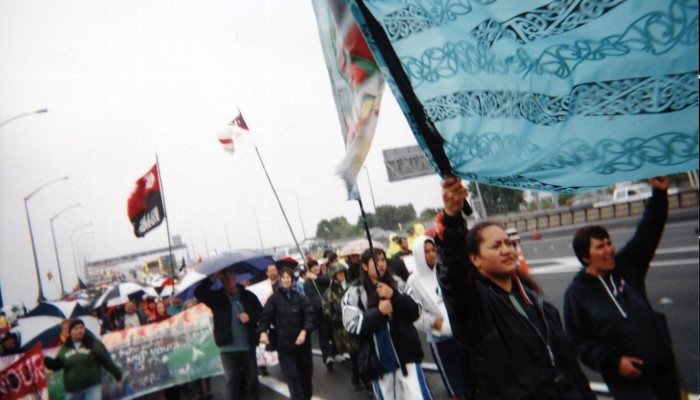
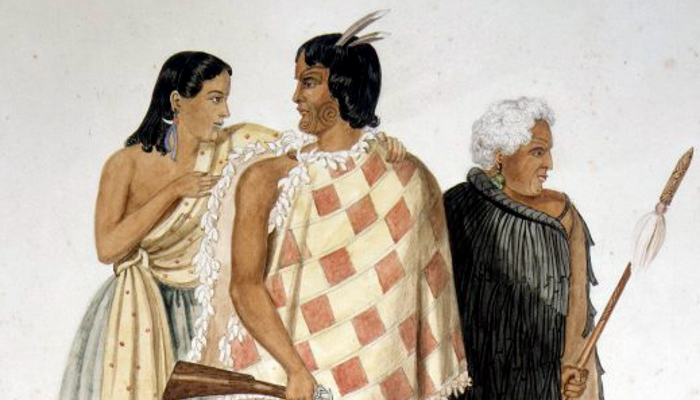
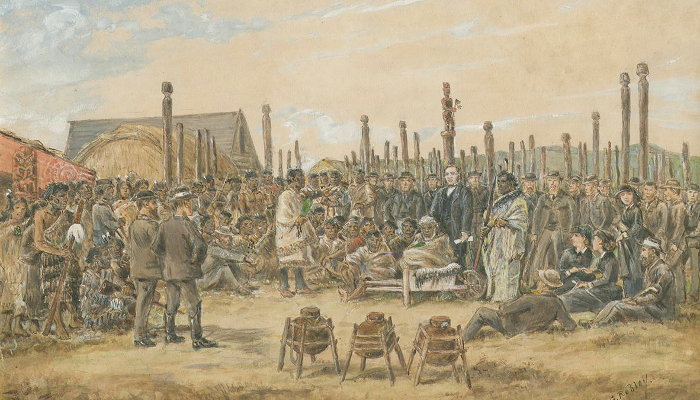
![Image: Wreck of the City of Perth and Benvenue, Timaru, 1882 (https://kura.aucklandlibraries.govt.nz/digital/collection/photos/id/310203) by [Unknown]. Collection: Auckland Libraries Heritage Collections 5-2553.](https://images.ctfassets.net/q60gmaba8x5v/1nls2jgcOeaRilBKYvzCBv/2a09238920e924d6db476f879ae2a92d/mini_magick20221212-1-f3pznz.jpg)
